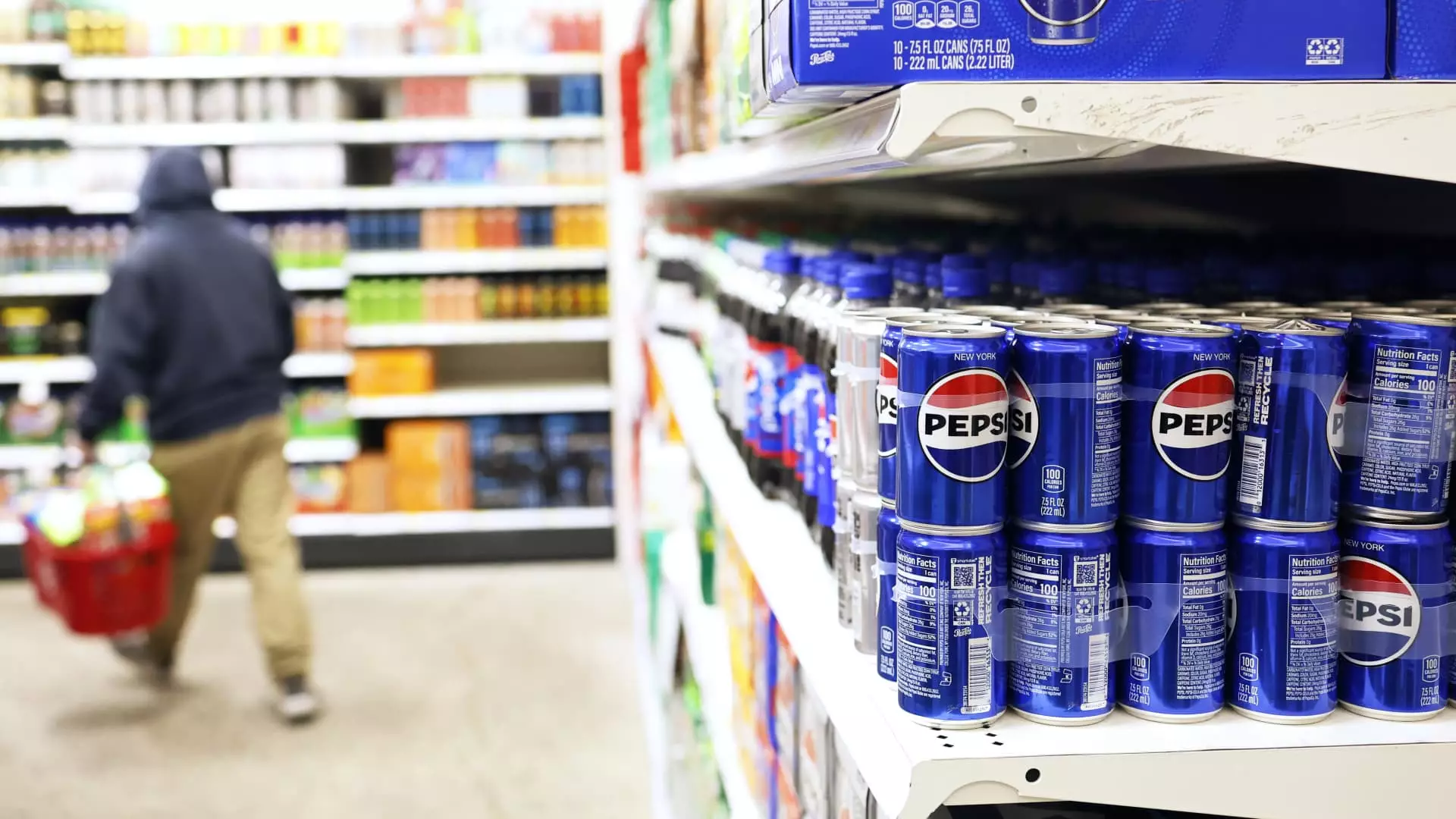In a significant legal move, the Federal Trade Commission (FTC) has initiated a lawsuit against PepsiCo, accusing the company of engaging in illegal price discrimination practices. The complaint alleges that the beverage behemoth offered favorable pricing to a specific retailer, thought to be Walmart, while disadvantaging its competitors. This action centers on the federal Robinson-Patman Act, a piece of legislation established to maintain fairness in trade practices by preventing sellers from granting different prices to competing entities, thereby protecting market competition.
At the core of the FTC’s claims is the assertion that PepsiCo provided Walmart with exclusive promotional payments and allowances that other retailers did not receive. This preferential treatment allegedly allowed Walmart to enhance its advertising infrastructure while leaving smaller competitors at a disadvantage. The complaint suggests that these actions lead to inflated prices for competing retailers, undercutting the principles of fair competition that the Robinson-Patman Act aims to uphold. The FTC’s case highlights concerns about the impact of such pricing strategies on the overall market landscape and consumer choice.
PepsiCo has firmly denied the allegations brought against it by the FTC. The company contends that its practices align with industry standards and vehemently opposes the characterization of its pricing strategies. In a prepared statement, PepsiCo declared its intention to mount a vigorous defense in court, emphasizing that it does not discriminate among its customers regarding discounts or promotional support. This highlights a broader debate within the industry about what constitutes fair promotional practices versus anti-competitive behavior.
The lawsuit carries significant implications for both PepsiCo and the retail industry as a whole. If the FTC’s claims hold up in court, it could lead to a re-evaluation of pricing structures across the industry, forcing major players to reconsider how they engage with retailers of varying sizes. This could result in a more transparent pricing model or possibly a regulatory shift toward stricter enforcement of the Robinson-Patman Act. The case emerges during a time of heightened scrutiny on corporate practices, especially from the Biden administration’s FTC, which has recently increased legal actions against big corporations.
The timing of the lawsuit is particularly noteworthy, occurring just before the transition of power in the federal government and the expected resignation of Lina Khan as FTC Chair. This change could potentially influence the FTC’s enforcement priorities moving forward. Andrew Ferguson, the incoming Republican appointee, has already expressed dissent regarding the decision to pursue the lawsuit against PepsiCo. The evolving dynamics within the commission will significantly affect how this case is handled, as well as future corporate regulatory actions.
The lawsuit against PepsiCo serves as a crucial case study in the ongoing battle between corporate practices and regulatory oversight. As the matter unfolds, it will be essential to observe the broader implications for market competition and the regulatory landscape.

